Ms. Nguyen Thi Cuc, Chairwoman of the Vietnam Tax Consulting Association, spoke with reporters of the Hanoi Moi Newspaper about business households with revenue of 1 billion VND/year or more applying electronic invoices generated from cash registers.
-According to Decree No. 70/2025/ND-CP amending and supplementing a number of articles of Decree No. 123/2020/ND-CP on invoices and documents, from June 1, households and individuals doing business with annual revenue of 1 billion VND or more will apply invoices generated from cash registers. What is your assessment of this?
- From June 1, households and individuals doing business with annual revenue of 1 billion VND or more must use electronic invoices generated from cash registers, connect and transfer data with tax authorities, instead of paying lump-sum taxes as before.
Households and individuals selling goods, providing food and beverage services, restaurants, hotels; passenger transport services, direct support services for road transport, art services, entertainment, film screening activities, and other personal services according to regulations on the Vietnamese economic sector system also apply electronic invoices.
Ms. Nguyen Thi Cuc, Chairwoman of Vietnam Tax Consultants Association. Photo: Contributor
I believe that the implementation of electronic invoices from cash registers will not only help tax authorities closely monitor revenue and prevent tax fraud, but also be a prerequisite for completely eliminating lump-sum tax from January 1, 2026 in accordance with the spirit of Resolution No. 68-NQ/TU dated May 4, 2025 of the Politburo on private economic development. At that time, business households will switch to declaring taxes based on actual revenue, transparently and legally.
Implementing the above regulation is a preparation step for large business households to gradually get used to the new management method, transparent revenue like enterprises, and at the same time help tax authorities collect more realistic revenue data for the business household sector.
For households that declare and pay taxes based on actual revenue generated. The tax rate depends on each business sector. For example, for the food and beverage group, the tax rate is 4.5%/revenue (including 3% value added tax, 1.5% personal income); for the group of businesses selling goods (wholesale, retail), pay 1.5%/revenue (including 1% value added tax and 0.5% personal income tax).
Thus, tax policy from June 1 onwards remains the same as previous years, nothing has changed.
-Currently, many stores and mini supermarkets have cash registers to issue invoices. However, in markets, connecting invoice printing devices is still difficult.
-I think the tax authorities need to research more flexible and suitable solutions. Households and individuals using smartphones cannot print invoices for buyers.
In fact, in the first days of June, many businesses were confused and did not know what to do. Some tried to avoid it, but most were willing to comply. Therefore, in the first days of implementation, the tax authorities should not impose fines but remind and guide those businesses that have difficulty in implementing it.
Some households are also worried about whether they will be charged back for previous months if revenue from invoices increases suddenly. Some households are also concerned that this year's tax declaration is much higher than in 2024, so the tax authority will review the portion collected in 2024.
The Tax Department held an online conference to guide and answer questions about the use of electronic invoices generated from cash registers on June 5. Photo: Contributor
In my opinion, for households that pay lump-sum tax and switch to declaration, if their revenue changes, the tax authority should consider not collecting additional tax to encourage them to voluntarily and fully declare in the following periods.
-Recently, some businesses have stopped transferring money or recorded incorrect transfer information, and customers who transfer money are charged extra to calculate taxes. What do you think about this issue?
- This can be considered tax evasion. When customers transfer money, the store will collect additional fees to calculate tax, while the tax policy remains unchanged regardless of the form of payment: cash, transfer or exchange.
Here we can ask, the tax policy has not changed, so up to now, have these households and individuals not complied with tax laws?
If an organization or individual sells goods only in cash or receives a transfer but the transfer information is incorrect, which means not issuing an invoice is an act of tax evasion and does not ensure transparency.
Tax authorities have the right to suspect “tax evasion” or tax avoidance, and will inspect, audit, and enforce tax collection when necessary. If there are signs of evasion of obligations, causing large losses, criminal liability may be prosecuted.
Therefore, business households and individuals need to comply with tax policies to avoid violating the law.
Thank you very much!
Source: https://hanoimoi.vn/ho-ca-nhan-dong-thue-nhu-the-nao-khi-ap-dung-hoa-don-e-tu-khoi-tao-tu-may-tinh-tien-704676.html












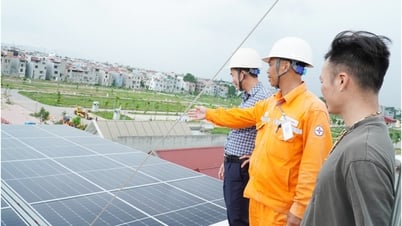

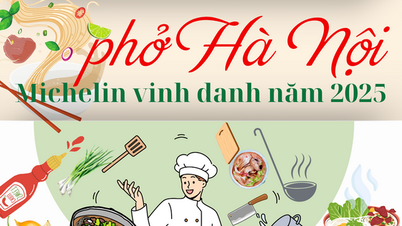




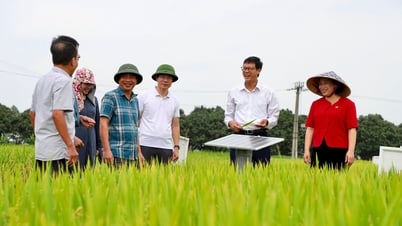





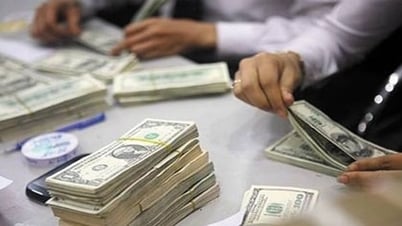
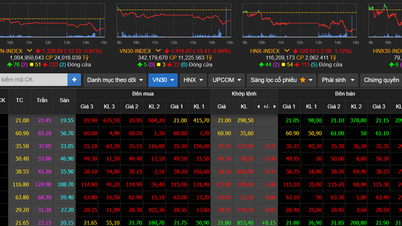



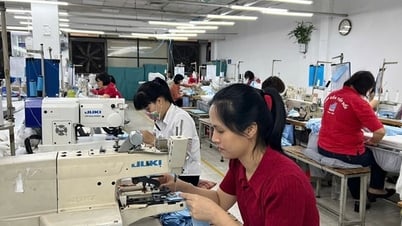

















































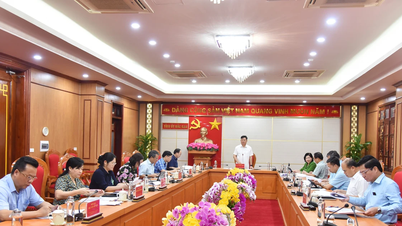









![[OCOP REVIEW] Tu Duyen Syrup - The essence of herbs from the mountains and forests of Nhu Thanh](https://vphoto.vietnam.vn/thumb/402x226/vietnam/resource/IMAGE/2025/6/5/58ca32fce4ec44039e444fbfae7e75ec)







Comment (0)